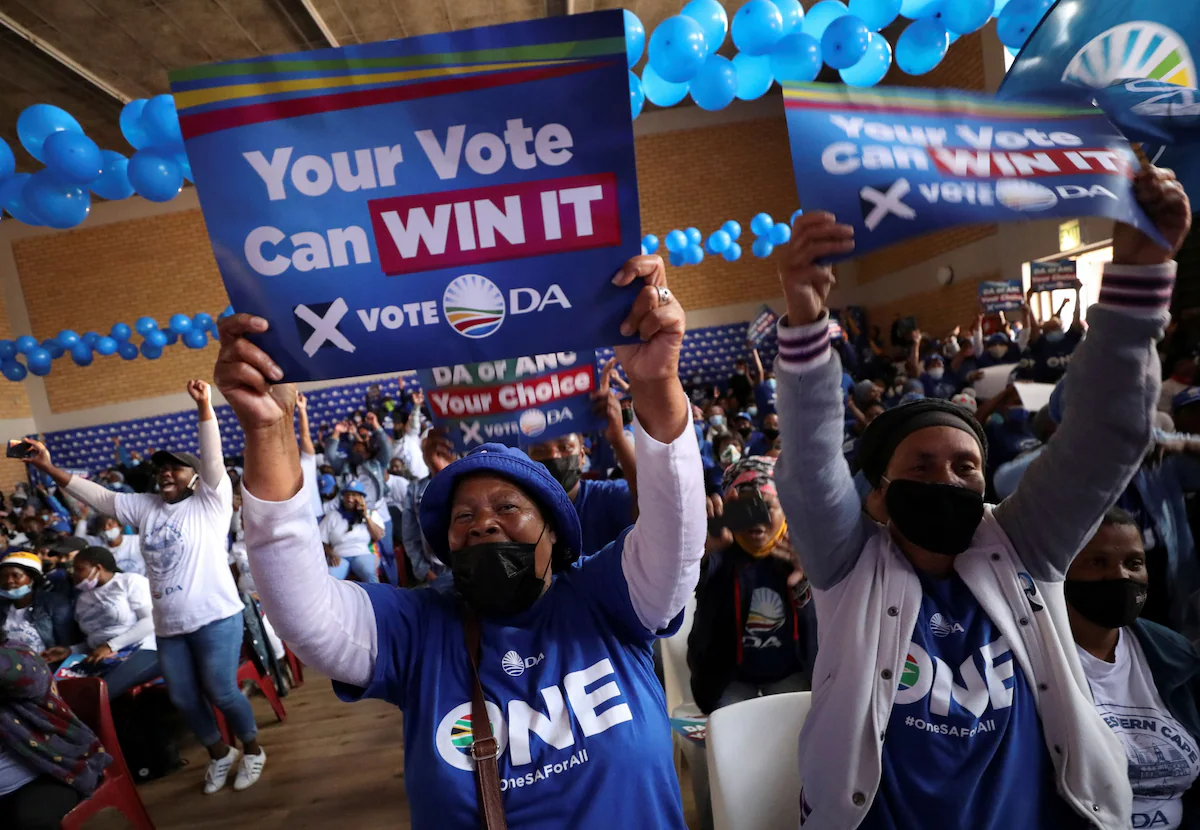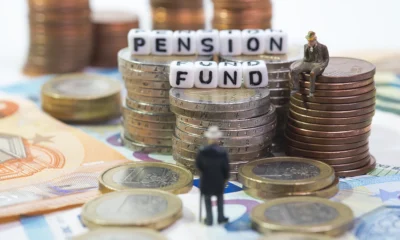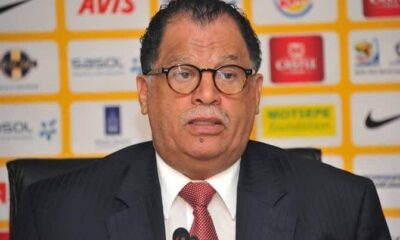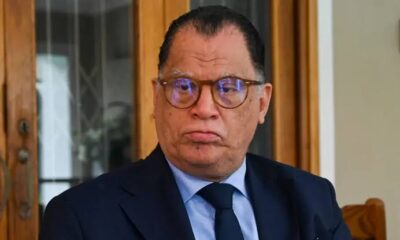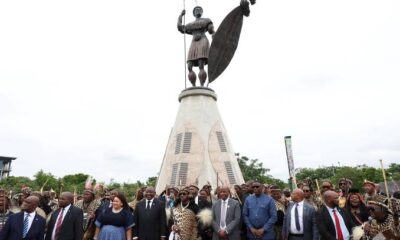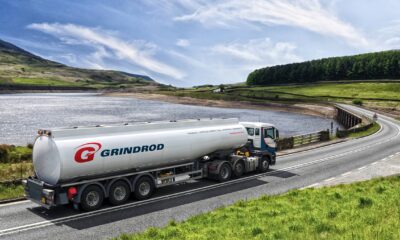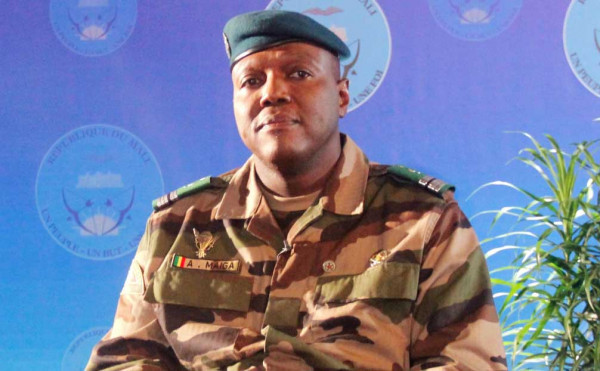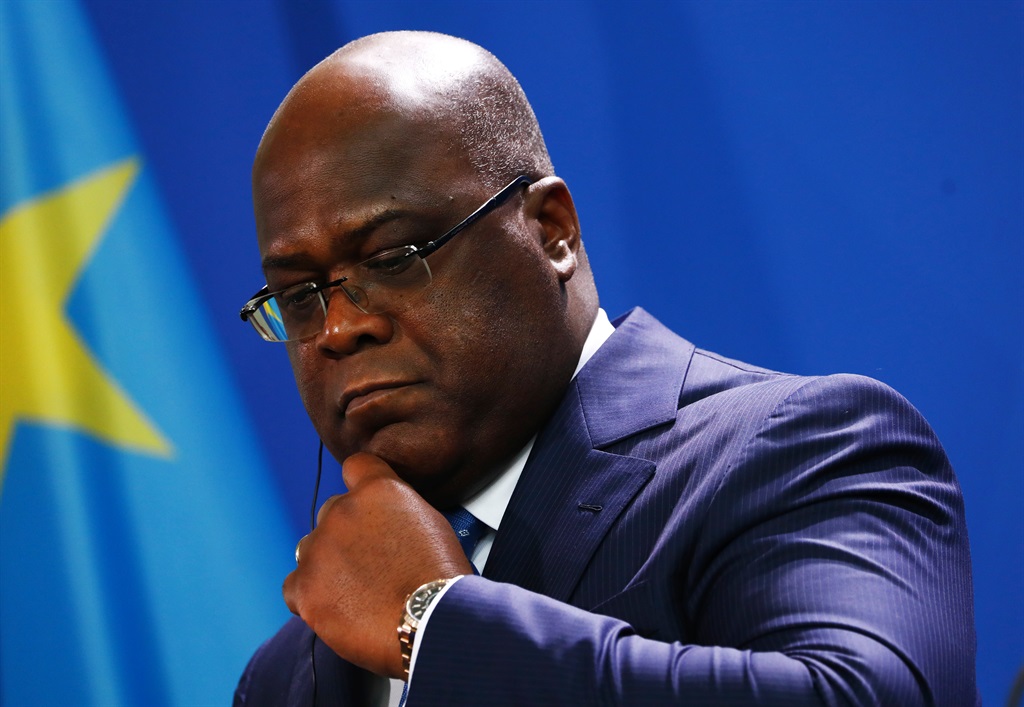The Democratic Alliance (DA), the second-most popular party in South Africa, has revealed that it would not rule out a compromise with the ruling African National Congress (ANC).
The DA says it will consider the move if the ANC does not get the necessary majority to maintain its hold on power in the May elections.
The May 29 election might prove to be the biggest test yet for Nelson Mandela’s former party which has ruled South Africa since the end of white minority rule thirty years ago. Voters dissatisfied with inadequate service delivery, unemployment, crime, and power outages might cause the ANC to lose its legislative majority according to pollsters.
Another bottleneck for the ANC is the factional division it has suffered with former President Jacob Zuma’s political base out of the party, having created the uMkhonto weSizwe (Spear of the Nation). In that case, as the president of South Africa is chosen by the parliament, neither President Cyril Ramaphosa nor a replacement for the position could hold onto power without the support of a coalition.
“It would depend on which ANC you’re dealing with and what their programme of action is,” DA leader John Steenhuisen said, declining to disclose whether any talks had already taken place.
“I’m not ruling out anything, depending on what the election results are.”
Meanwhile, Nomvula Mokonyane, the ANC’s deputy party secretary, informed reporters earlier this month that the party was not thinking about forming a coalition government with other parties and that she did not believe a power-sharing agreement would succeed.
To garner the majority of votes required to win government, the Democratic Alliance has united with smaller parties. These include the longtime ANC bitter rival, the Zulu nationalist Inkatha Freedom Party; additionally, Action SA, which has developed a platform based on a strong anti-immigration stance and appeals to working- and middle-class voters; and Freedom Front Plus, which targets rural white South Africans who feel politically marginalized since apartheid.
While the EFF is well-liked among low-income Black South Africans, companies and the rich view the DA as a party that supports business. The EFF pledges to address land ownership disparities and nationalize industries.
“It’s a long shot,” Steenhuisen said. He added that if the opposition coalition did not win, his priority would be to prevent the Marxist Economic Freedom Fighters (EFF) from getting a seat on the executive.
“What I call the ‘doomsday coalition’ … is a tie-up between the EFF and the ANC,” he said.

 Sports2 days ago
Sports2 days ago
 Metro2 days ago
Metro2 days ago
 Metro1 day ago
Metro1 day ago
 Culture2 days ago
Culture2 days ago
